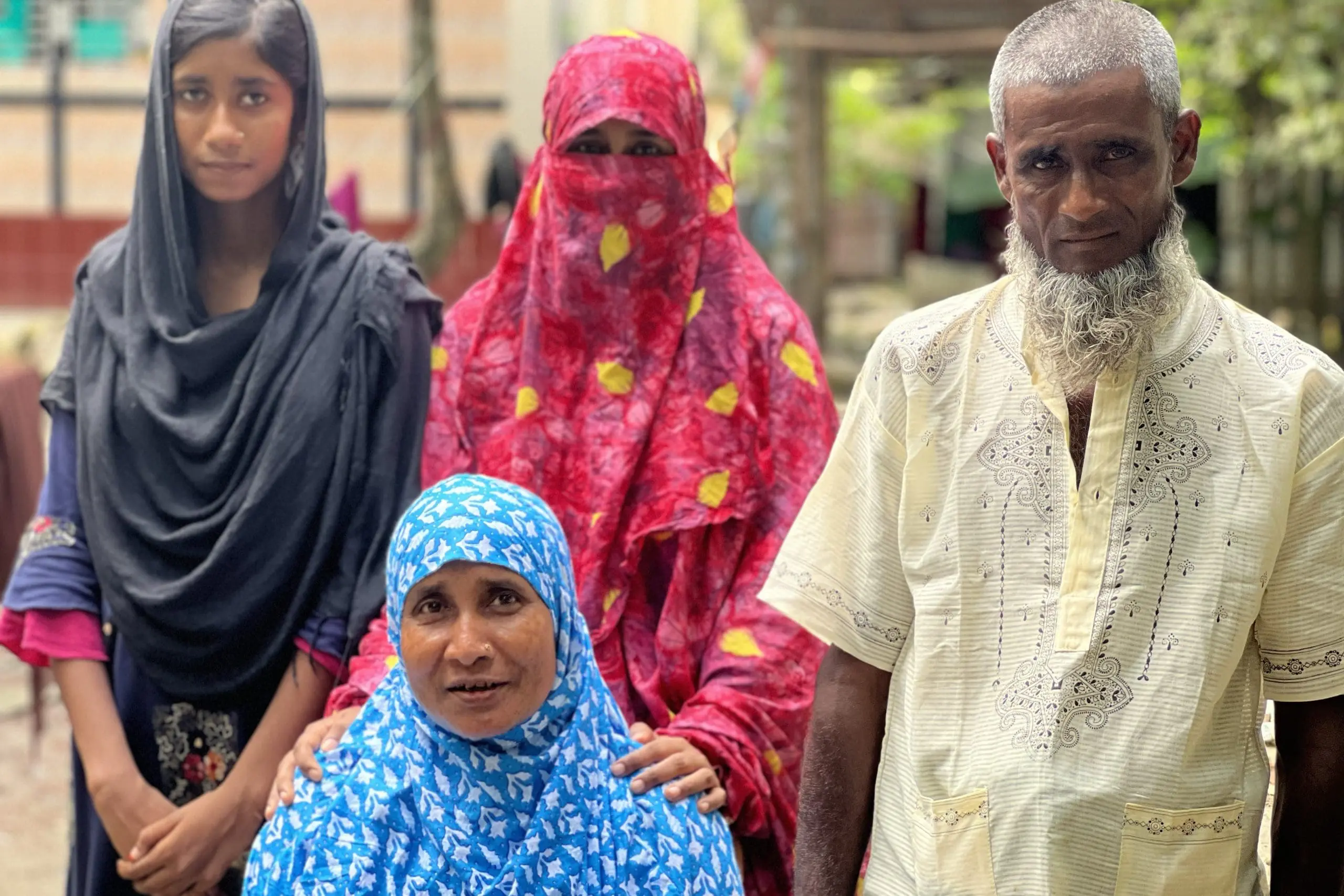Health
The Last Person to Contract Smallpox: A Forgotten Hero

A Symbol of Science and Modern Medicine
Rahima Banu, a toddler in rural Bangladesh, holds the title of being the last person in the world known to contract variola major, the deadly form of smallpox, through natural infection. Her survival is a testament to the power of science and modern medicine.
A Life of Struggles
Despite her famous status, Banu has largely been forgotten by the public. Her life after surviving smallpox has been plagued with sickness and hardships. She has struggled to afford proper medical care and suffers from poor vision. Banu's story is a reminder that the needs of survivors often go unmet long after a global pandemic fades from the headlines.
The Limits of Merely Fighting Diseases
Banu's story also sheds light on the limits of merely fighting diseases. It serves as a reminder that providing medical treatment alone is not enough to improve the lives of survivors. Just as giving medicine for tuberculosis without providing food is futile, eradicating diseases without addressing the broader social and economic issues faced by survivors is insufficient.
The Legacy of Smallpox Eradication
The eradication of smallpox remains one of humanity's greatest triumphs in public health. It is the only human infectious disease ever to have been eradicated. The new docuseries "Eradicating Smallpox" explores this remarkable achievement and draws parallels and contrasts to the ongoing COVID-19 pandemic.
The Lingering Consequences of Illness
Banu's life serves as a reminder that the consequences of illness often extend far beyond the initial infection. As the world grapples with the COVID-19 pandemic, her story highlights the importance of addressing the long-term effects and inequalities caused by public health crises.
Equitable Access to Healthcare
Banu's struggles also underscore the need for equitable access to healthcare and lifesaving tools like vaccines. As the United States transitions from emergency COVID-19 response to routine healthcare, it is crucial to ensure that all citizens have access to healthcare and support, regardless of their socioeconomic status.
The Importance of Comprehensive Responses
The plight of vulnerable communities worldwide demonstrates the need for holistic and comprehensive responses to public health emergencies. Failing to address the broader needs of these communities can breed suspicion and make it harder to enlist their help in fighting future crises.
In conclusion, Rahima Banu's story serves as a powerful reminder that the fight against diseases goes beyond medical treatment alone. It requires addressing the underlying social and economic factors that impact the lives of survivors. As the world continues to navigate through the COVID-19 pandemic and prepare for future health emergencies, Banu's story should serve as a call to action to ensure equitable access to healthcare and comprehensive support for all.
Hey there! I’m William Cooper, your go-to guy for all things travel at iMagazineDaily. I’m 39, living the dream in Oshkosh, WI, and I can’t get enough of exploring every corner of this amazing world. I’ve got this awesome gig where I blog about my travel escapades, and let me tell you, it’s never a dull moment! When I’m not busy typing away or editing some cool content, I’m out there in the city, living it up and tasting every crazy delicious thing I can find. Join me on this wild ride of adventures and stories, right here at iMagazineDaily. Trust me, it’s going to be a blast! 🌍✈️🍴